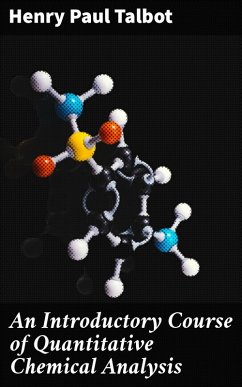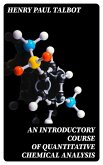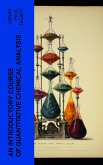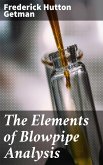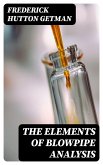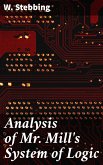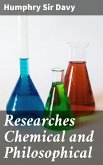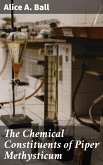In 'An Introductory Course of Quantitative Chemical Analysis' by Henry Paul Talbot, the reader is provided with a comprehensive guide on the principles and techniques of quantitative chemical analysis. Written in a clear and concise style, this book delves into the methods used to accurately determine the composition of various chemical compounds. Talbot's work is situated within the context of analytical chemistry, showcasing his expertise in the field and his ability to make complex concepts accessible to readers. The book includes detailed explanations, practical examples, and exercises to aid in the understanding and application of quantitative analysis techniques. Overall, Talbot's literary style is both informative and engaging, making this book an essential resource for students and professionals in the field of chemistry.Henry Paul Talbot, a renowned chemist with years of research and teaching experience, brings his expertise to 'An Introductory Course of Quantitative Chemical Analysis'. Talbot's passion for analytical chemistry and commitment to education are evident throughout the book, as he aims to equip readers with the necessary knowledge and skills to excel in the field. Through his extensive background, Talbot offers valuable insights and practical advice that enhances the reader's learning experience.I highly recommend 'An Introductory Course of Quantitative Chemical Analysis' to anyone seeking a comprehensive and authoritative guide to quantitative analysis in chemistry. Talbot's expertise, clear explanations, and practical examples make this book a valuable resource for students, researchers, and professionals in the field. Whether you are new to quantitative chemical analysis or looking to deepen your understanding, this book is an indispensable companion for mastering the subject.
Dieser Download kann aus rechtlichen Gründen nur mit Rechnungsadresse in A, B, BG, CY, CZ, D, DK, EW, E, FIN, F, GR, H, IRL, I, LT, L, LR, M, NL, PL, P, R, S, SLO, SK ausgeliefert werden.

